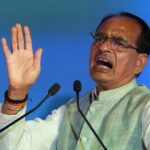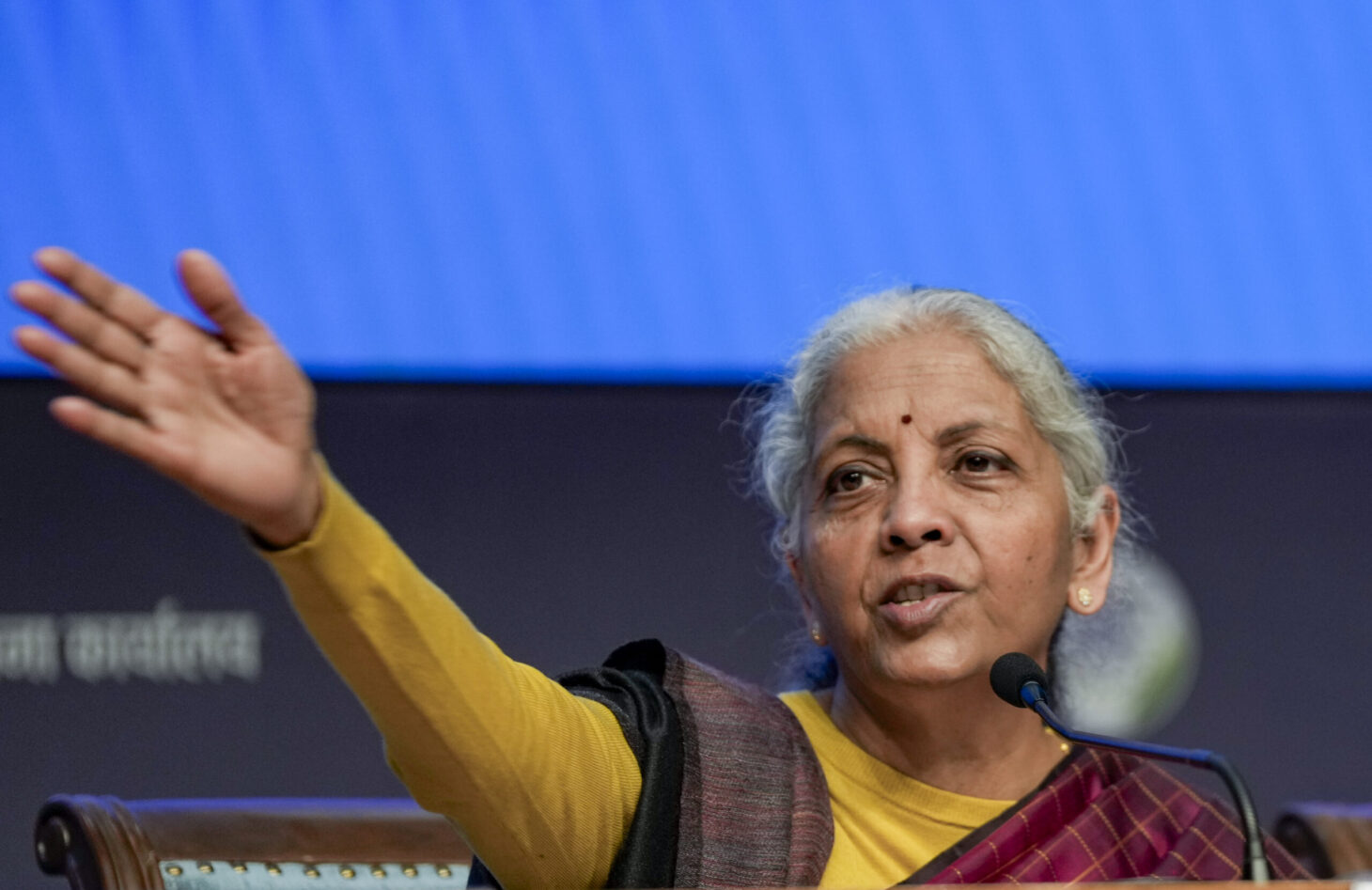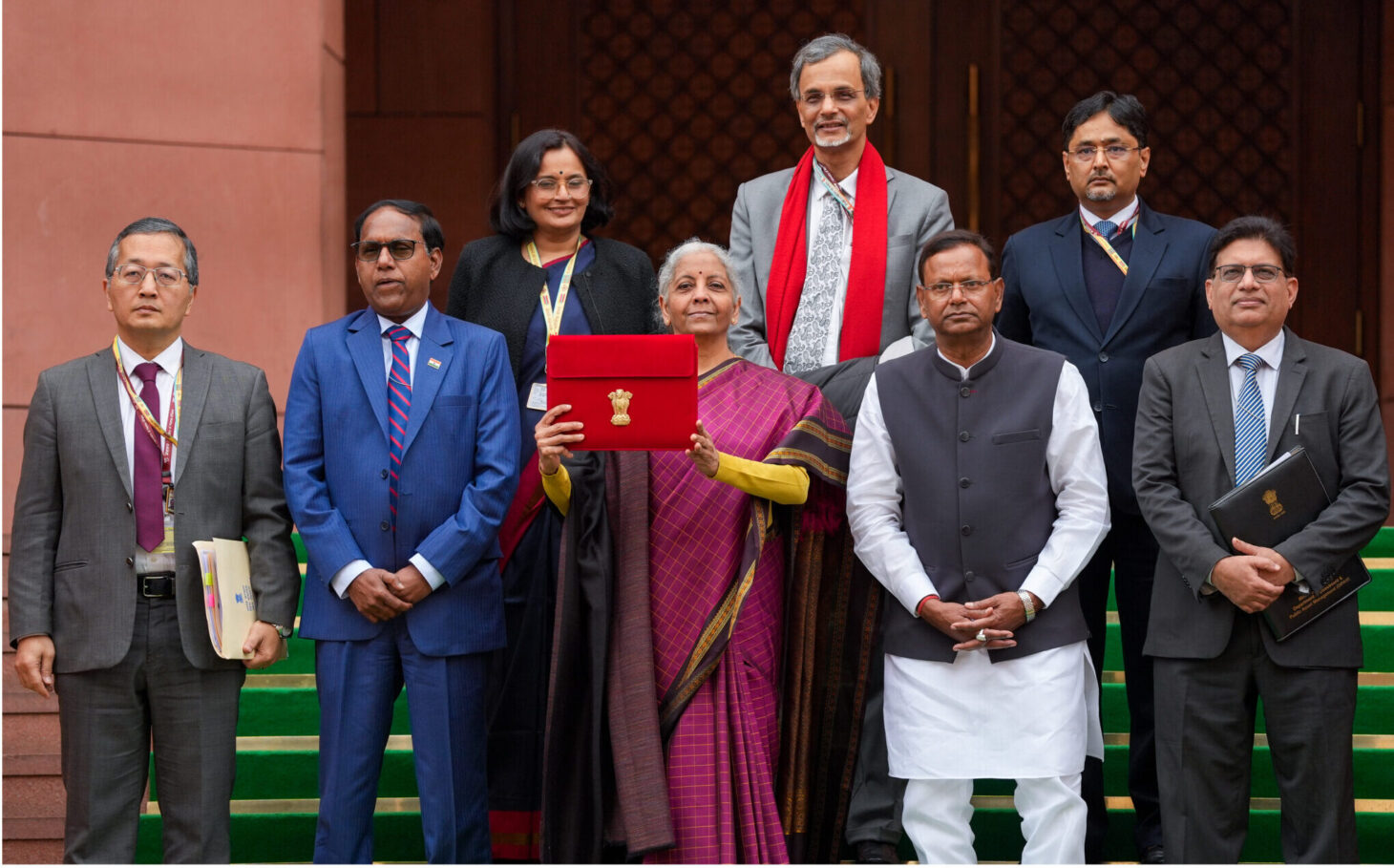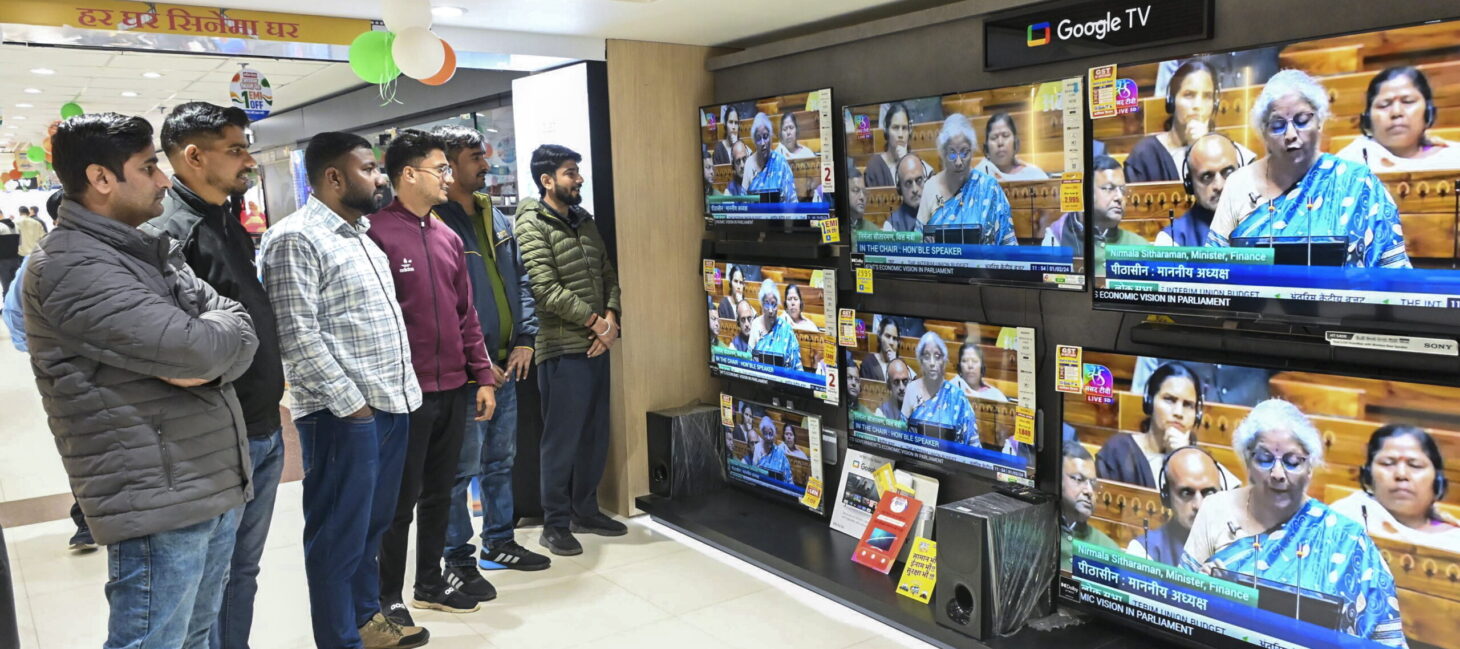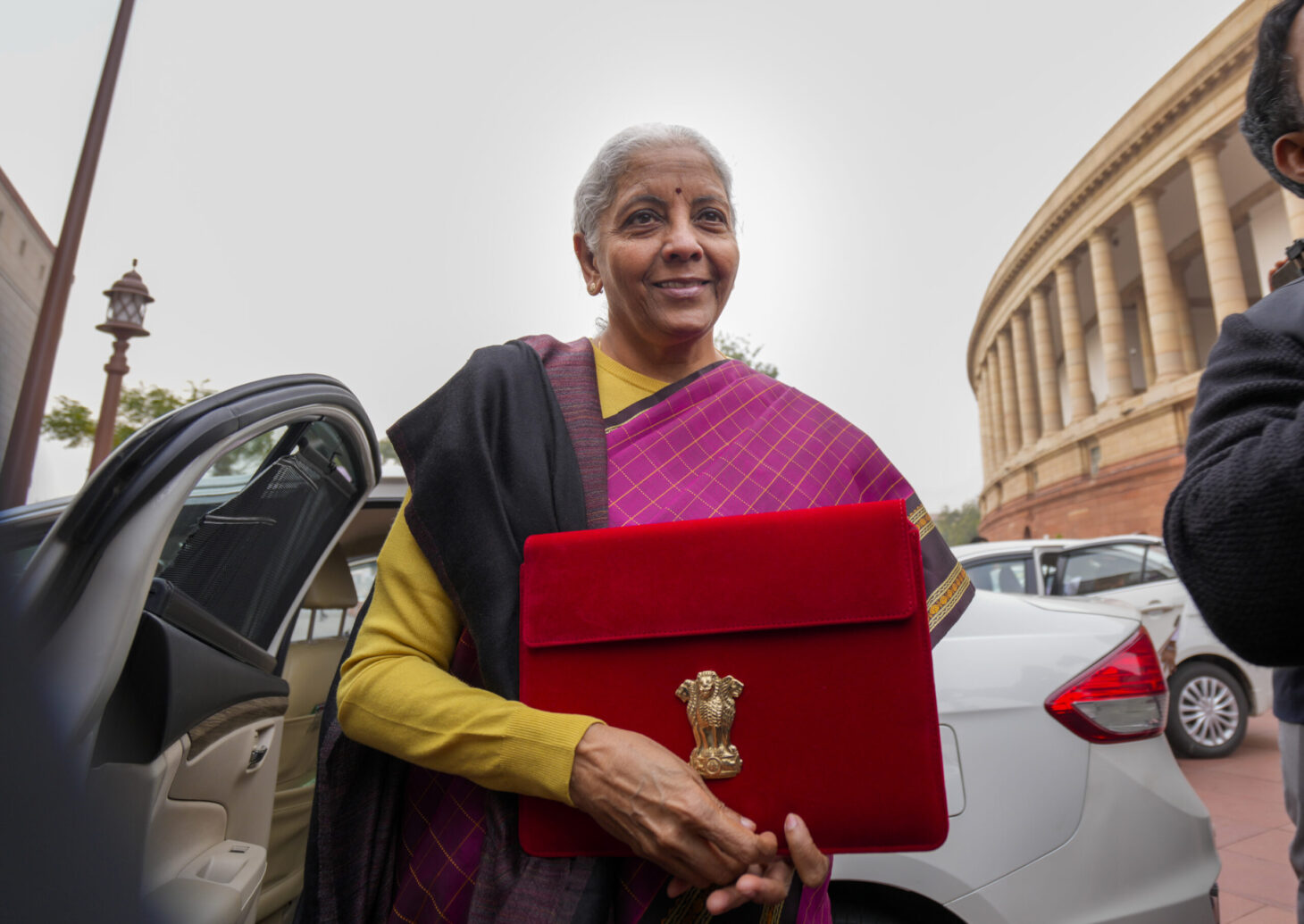The North News
Chandigarh, April 29
Amid mounting concern over the continuing drug crisis in Punjab, the state government is preparing to launch a major public mobilisation campaign aimed at eradicating narcotics from its towns and villages. Dubbed the Nasha Mukti Yatra (Freedom from Drugs March), the initiative is slated to roll out in May and June 2025 and will span every village and urban ward of the state.
According to a spokesperson from the Chief Minister’s Office, the campaign will begin with a series of district-level meetings from May 2 to 4. These meetings will formally launch the yatra and will be attended by newly formed and existing Village Defence Committees (VDCs), Village Sarpanches, and senior civil and police officials. The aim is to build community-level vigilance and forge stronger coordination between grassroots organisations and the administration.
The initiative will be steered by ministers from the Punjab cabinet, each chairing a district-level gathering. The ministers will raise awareness about the harms of drug addiction, galvanise local leadership, and spark what Chief Minister Bhagwant Mann described as a “mass movement” against drugs. “We want this fight to belong to every street, every house, every individual,” said Mann, appealing for “full cooperation” from citizens to ensure no drug is sold in their locality and that every addict receives help.
To broaden its reach, the government has instructed Deputy Commissioners and Senior Superintendents of Police to establish VDCs in villages where they do not yet exist. Urban counterparts, called Ward Defence Committees (WDCs), will also be formed and integrated into the campaign.
From May 7, the second phase of the yatra will take to the ground, visiting each ward and village according to a government-prepared schedule. In these meetings, officials, Sarpanches and defence committee members will engage directly with residents to identify local challenges and mobilise collective action.
The campaign is one of the most ambitious community-based initiatives by the Mann government in recent years. Its success, officials say, will depend on sustained public participation and a robust coordination framework at the grassroots.
While Punjab has long grappled with drug addiction—particularly in rural areas where unemployment and smuggling routes exacerbate the issue—there is growing consensus that policy must now go beyond enforcement and foster local leadership and rehabilitation support.
Mann said VDCs, WDCs and Sarpanches would be the campaign’s “first responders”, acting as both sentinels and support systems within their communities.






